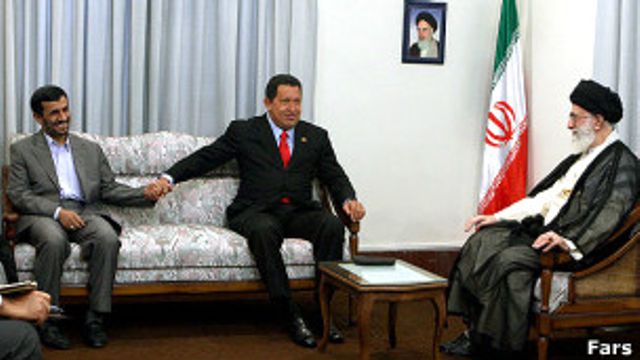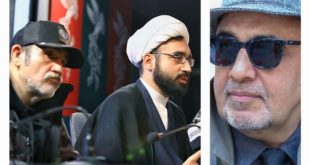On the international stage, Chávez positioned himself as a leading voice of anti-imperialism. He criticized U.S. foreign policy, allied with countries like Cuba, Bolivia, and Iran, and promoted Latin American unity through initiatives such as ALBA (Bolivarian Alliance for the Peoples of Our America). Hugo Chávez died on March 5, 2013, after a long battle with cancer. His successor, Nicolás Maduro, inherited a deeply polarized nation facing economic challenges.
Hugo Chávez remains one of the most influential and controversial figures in modern Latin American history. To his supporters, he was a revolutionary who stood up to global powers and gave dignity to the poor. To his critics, he was a populist who undermined democracy and sowed the seeds of Venezuela’s current crisis. Regardless of perspective, Chávez’s impact on Venezuela and Latin America is undeniable—he transformed the political landscape and continues to shape debates about socialism, democracy, and sovereignty in the 21st century.


